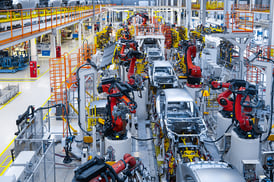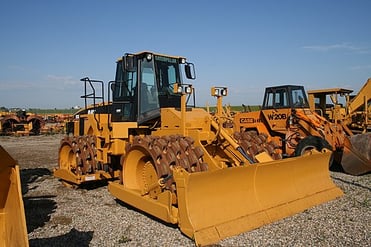
When it comes to estimating the value of personal property and equipment, there are a number of premises, terms, and definitions thrown around in the professional appraisal realm, as well as areas such as insurance loss claims
Fair Market Value is the most frequently referenced when it comes to appraisers, however, insurance adjustors are tied to a less common term called Actual Cash Value.
Although you might think these two should be similar in their approach, they can be quite different, depending on the type of property being valued and the interpretation of their meaning.
As a direct comparison, here are the most often seen definitions:
Fair Market Value is an opinion expressed in terms of money, at which the property would change hands between a willing buyer and a willing seller, neither being under any compulsion to buy or to sell and both having reasonable knowledge of relevant facts, as of a specific date.
Actual Cash Value is the amount equal to the replacement cost (new) minus depreciation of a property at the time of loss. The actual value for which the property could be sold is always less than what it would cost to replace it.
Given there is generally room for interpretation with both of these definitions, there are times when appraisers and insurance adjustors can arrive at a very similar value and other times when there is a significant discrepancy between the two.
What approaches are utilized, and which data sources are relied upon will determine whether these values are comparable or far apart. How independent agencies measure useful life along with annual levels of depreciation, and whether they rely on direct market information or broader industry data can create any number of diverging estimates of value.
Before you select an appraiser or engage with an insurance company to protect your personal property and equipment, it is important to understand the company’s background and history with how they treat these approaches to value. Accredited appraisers have guidelines and quality controls in place by which they abide, while insurance companies will have their own internal methodologies based on past experience and actuarial data.
Regardless of these requirements, there will always be a subjective component to the concept of valuation with every business in both the appraisal and insurance industries. Seek to learn as much as you can about this topic so you can feel comfortable that the service being provided is the one that’s right for you.





